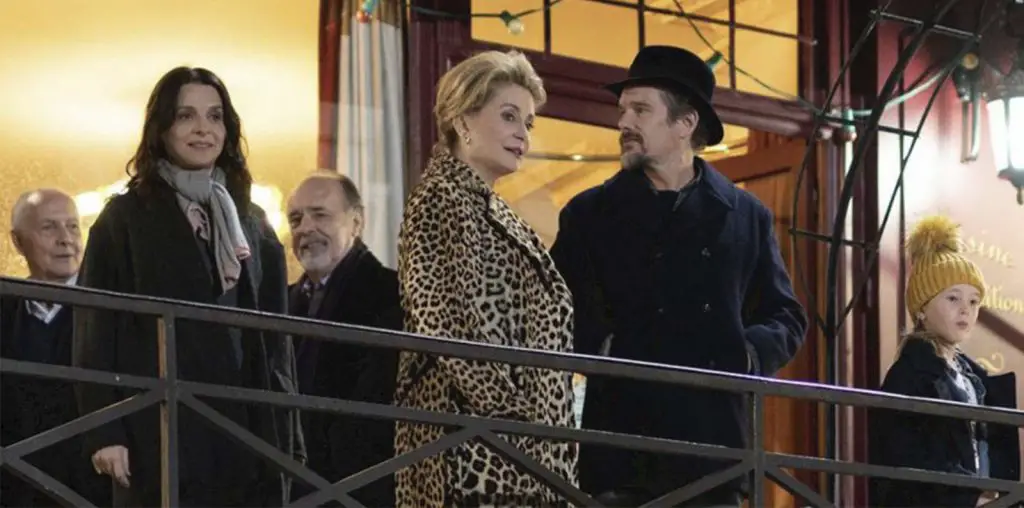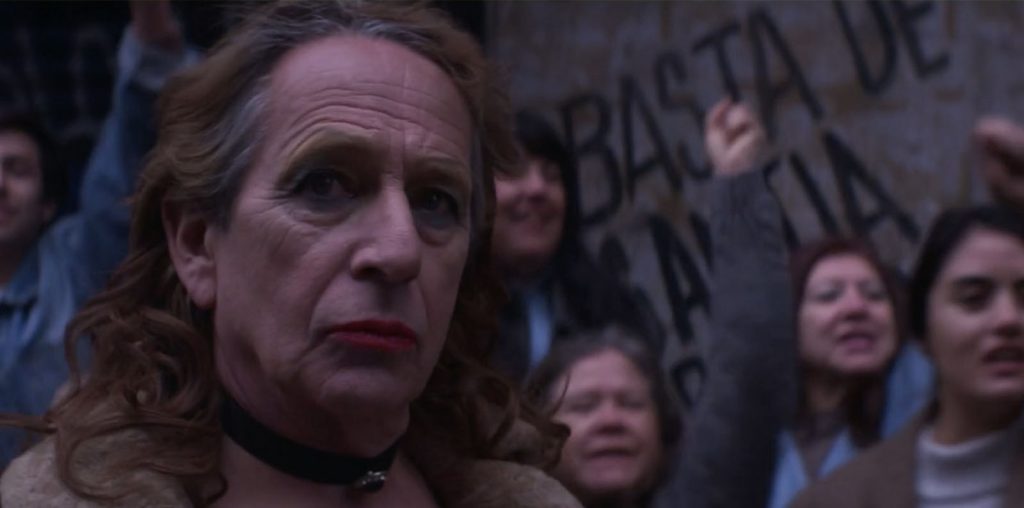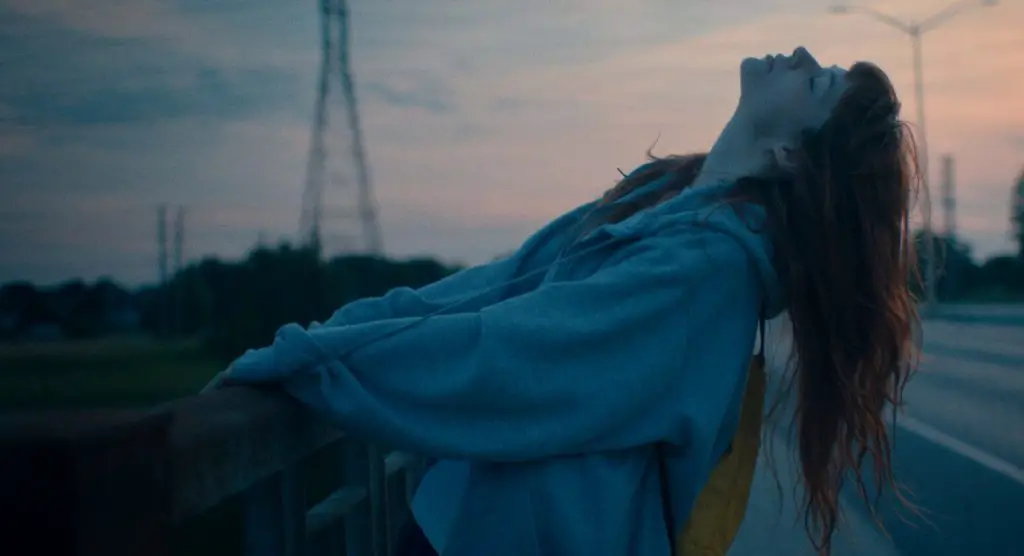
Affecting and quirky in equal measures, director Nicolas Maury’s study of a mid-life crisis, My Best Part (Garçon chiffon), maintains a tricky balance of melancholy and optimism throughout its 108-minute running time. That duality makes the film stand out from the rest of its ilk: meandering slice-of-life dramas that pose more existential questions than answers. Although the overly long narrative occasionally verges on self-aggrandizing, the comedic drama does have its share of splendid, unexpected parts, thanks largely to its formidable central duet.
Maury, who also co-wrote the film alongside Maud Ameline and Sophie Fillières, stars as the overly-sensitive, prone-to-jealousy Jérémie, a struggling actor who undergoes relationship issues with his maybe-cheating partner Albert (Arnaud Valois). Kicked out of the house and alone, he leaves Paris to stay with his mother, Bernadette (Nathalie Baye), in Limousin, a region in south-central France. There, among a variety of occurrences, Jérémie meets Kévin (Théo Christine), gets a dog, confides in his mother, and finds himself on a path to self-rediscovery.
My Best Part takes odd, unexpected detours, most revolving around Jérémie: his visit to his recently divorced, borderline-demented friend Sylvie (Laure Calamy); a flashback to him as a child, lip-synching in front of a mirror before getting busted by his mocking peers; Jérémie installing a spy-cam in the nude; the young man plummeting into a river and being saved by a group of nuns; an off-kilter funeral ceremony in a forest; a revelatory nighttime encounter with Kévin by the pool; a traumatic incident involving Jérémie’s puppy; and even an impromptu musical number.
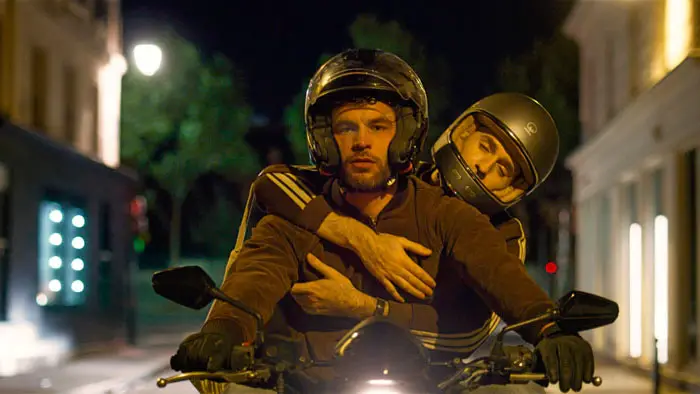
“…leaves Paris to stay with his mother…in Limousin, a region in south-central France.”
Somehow, Maury gets away with it all by keeping his filmmaking firmly rooted in reality. My Best Part plays out like an unassuming indie drama, containing its share of sly wisdom. “Look at this beautiful potato,” Bernadette tells her son, putting his privilege in perspective. “It’s yours.” The director has things to say about the mother-son bond, dealing with a break-up, the death of a parent or partner, and the devotion to one’s calling, one’s art.
The legendary Nathalie Baye has starred in over 80 features over six decades. She’s been nominated for the César Award – France’s equivalent of the Oscar – 10 times and won four. Here she gracefully allows the star to shine but emanates elegance and sagacity that can only be gained with years of experience. Maury’s performance is eccentric but also subdued. Emotionally vulnerable, Jérémie walks with his arms slightly spread, as if soaking everything in or perhaps shying away from reality. He’s on-screen almost the entire time, unafraid to jar or alienate those he encounters and those watching.
Gently humorous, My Best Part may be accused of never providing any clear-cut resolutions nor a strong-enough narrative thread to grasp onto. Yet the individual sequences, along with the confidence with which the two lead actors navigate the sometimes-turbulent currents, elevate the film into the realm of art. After all, sometimes it’s okay for the whole to be less than the sum of its parts.
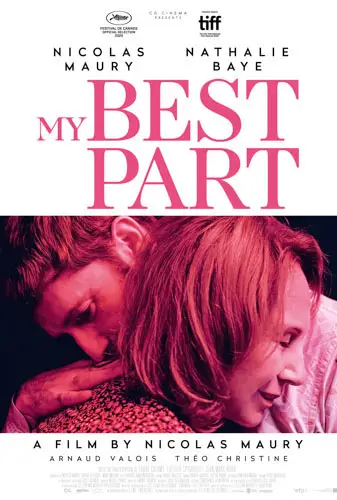
"…the two lead actors...elevate the film into the realm of art."
